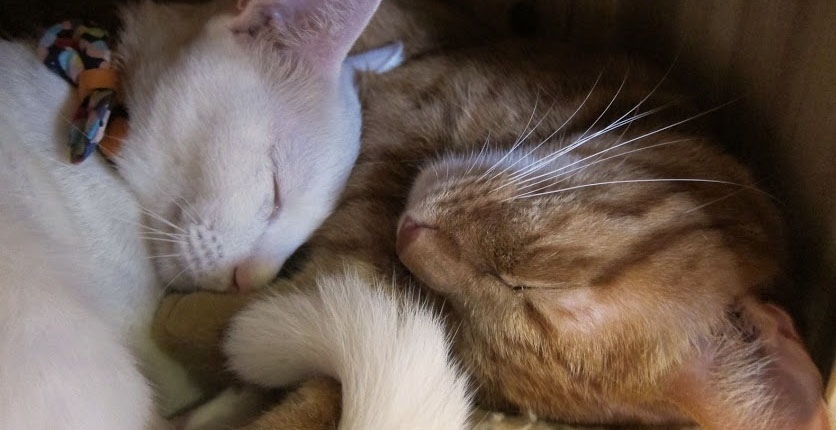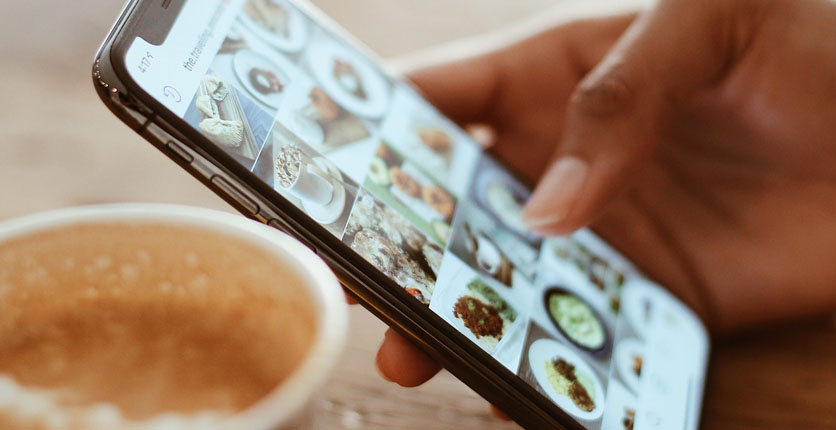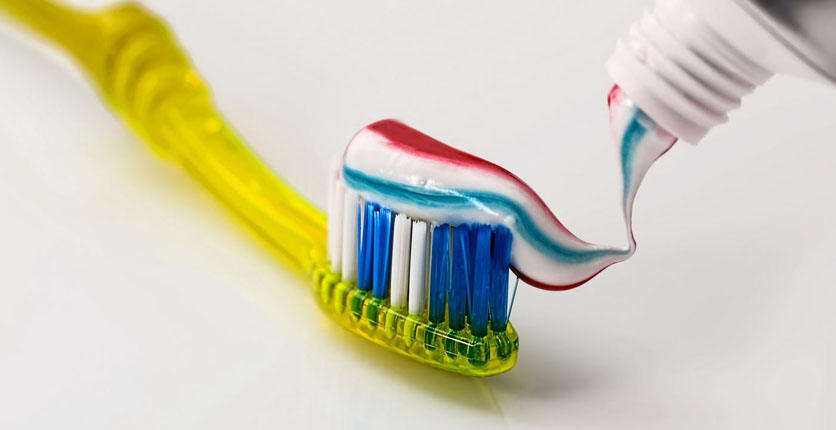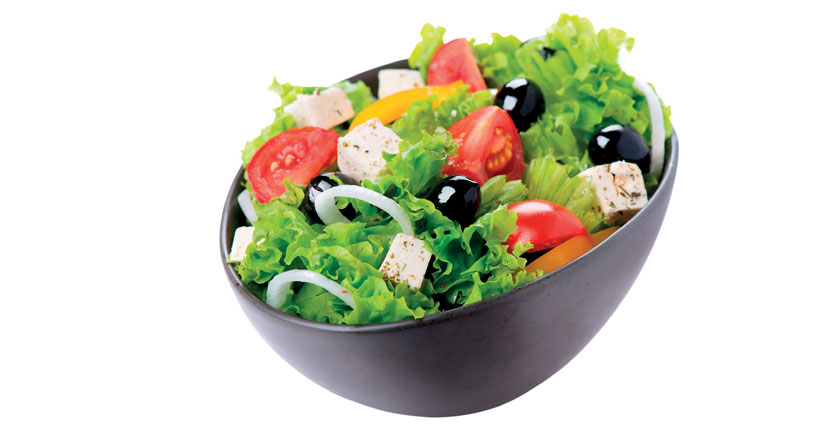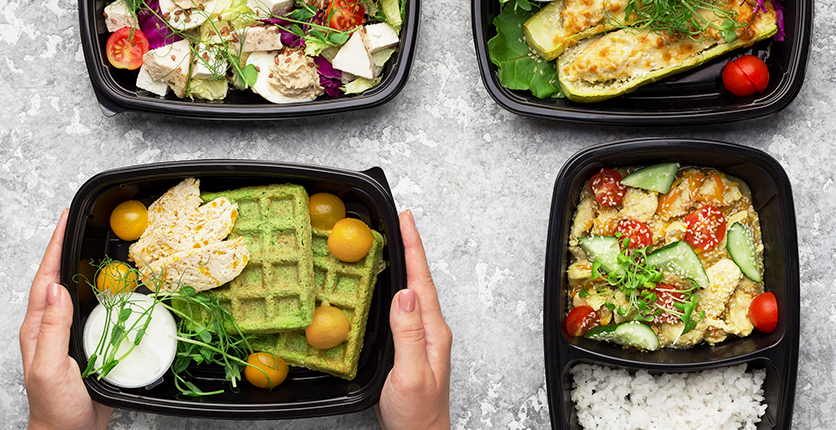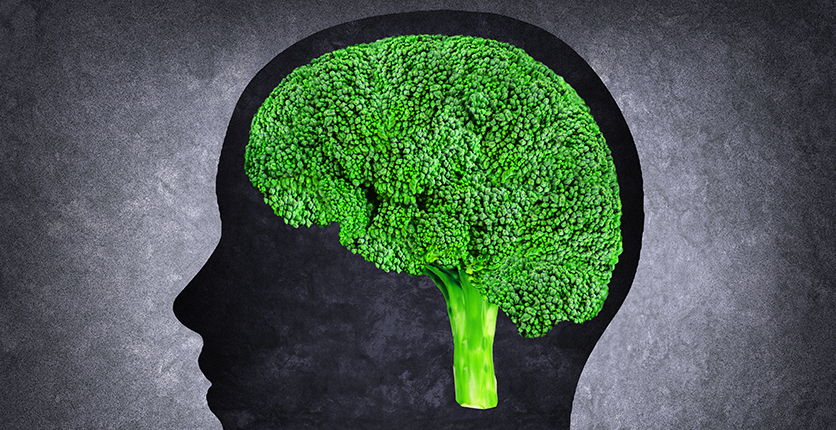We’ve all been there before, pulling an all-nighter to finish certain tasks. Along the way, we find ourselves reaching out for snacks to keep our stomachs from rumbling, and that eventually leads to acute overeating and a bulging waistline.
Instead of reaching for that healthy snack, here are some proven ways to keep hunger in check that isn’t about food.
Full Water Bottle, Drink Up
A common misconception is to only drink when thirsty. However, your body’s thirst response significantly diminishes in cooler environments – and that includes air conditioned places such as the office.
As air conditioned areas have typically “dry air”, this will increase the amount of water loss from the lungs and through the skin. The part of your brain responsible for interpreting thirst also handles hunger signals. Thus, being adequately hydrated will make you feel less hungry, plus the benefit of being more alert as well.
A Clean (Head) Space
Some people get hunger pangs in response to visual triggers. For example, food imagery on the internet, with the popularity of “epic food” videos on social media, can trigger the brain to feel hungry for more unhealthy food.
Such a response is more of a craving than an actual hunger. Similarly, feeling hungry after you have eaten is more likely to be a craving. Getting distracted by thinking about something other than food, or focusing on the negative long-term consequences of eating those snacks, can help to stop the craving.
Get Enough Sleep
Sleep is said to have a major impact on two important hunger hormones, ghrelin and leptin. Ghrelin is a hormone released in the stomach that signals hunger in the brain. Leptin is a hormone released from fat cells which suppresses hunger.
When you do not get adequate sleep, the body produces more ghrelin and less leptin, leaving you hungry and increasing your appetite throughout the day. A quality night should be falling asleep in 30 minutes or less and sleeping soundly through the night for 7 hours or more.
Reduce Your Stress
For many, eating is a stress-relieving activity, which is why food offers comfort. But unfortunately, the least healthy foods usually offer the most comfort. The occasional use of food as a reward, or to celebrate isn’t a bad thing.
But when eating is an emotional coping mechanism, you get stuck in an unhealthy cycle where the real problem is never addressed. This is why you’ll have to work hard to identify the stress triggers and tackle them with due diligence… before you think of reaching for that can of sugary drink.
Brushing Teeth Early
The most unlikely, but rather effective method of suppressing hunger is simply brushing your teeth. The minty-fresh sensation in your mouth will make food and drink less palatable, and thus making you more likely to skip them.
A good brush is also a signal for your brain to tell your body that the eating period is over. So after dinner, go ahead and brush your teeth, even if you’re not ready for bed. Using a toothpick after a meal also helps to trigger a similar reaction as well, making it a great alternative if it is inconvenient to brush right after a meal.
